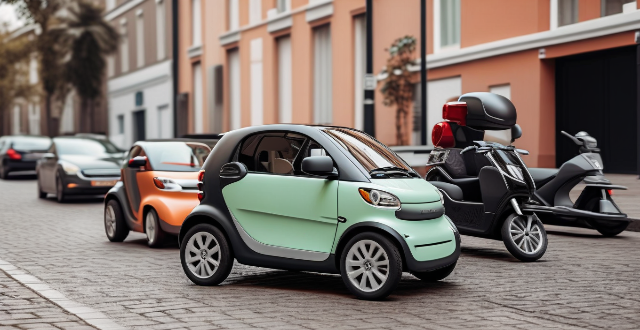The performance differences between fuel vehicles and electric cars are significant in terms of acceleration, refueling/charging, emissions, maintenance, and noise/vibration. Electric cars offer faster acceleration, lower maintenance needs, and cleaner operation but may require longer charging times and have limited charging infrastructure compared to the widespread availability of gas stations for fuel vehicles. The choice between the two often depends on personal preferences, lifestyle needs, and environmental considerations.

Performance Differences between Fuel Vehicles and Electric Cars
Fuel Vehicles:
- Acceleration: Gasoline or diesel engines typically have a linear power curve, which means their power output increases steadily as the engine speed rises. However, it takes time for these engines to reach their peak power, resulting in a slower initial acceleration compared to electric cars.
- Refueling: Refueling a gasoline or diesel vehicle is relatively quick, usually taking only a few minutes at a gas station. However, the range of fuel vehicles is generally less than that of electric cars, requiring more frequent refueling stops on long trips.
- Emissions: Internal combustion engines emit pollutants such as carbon dioxide, nitrogen oxides, and particulate matter, contributing to air pollution and climate change.
- Maintenance: Fuel vehicles often require more maintenance due to the complexity of their engines, including regular oil changes, tune-ups, and other services to keep the engine running smoothly.
- Noise and Vibration: Internal combustion engines produce noise and vibration during operation, which can affect the driving experience.
Electric Cars:
- Acceleration: Electric motors provide instant torque, meaning they can reach high power output almost immediately upon pressing the accelerator. This results in faster acceleration and a more responsive driving experience.
- Charging: Charging an electric car can take significantly longer than refueling a gasoline vehicle, depending on the charging infrastructure available. However, electric cars often have a longer range than fuel vehicles, reducing the need for frequent stops.
- Emissions: Electric cars produce zero tailpipe emissions, making them a cleaner alternative in terms of direct emissions. However, the environmental impact depends on the source of the electricity used to charge the car.
- Maintenance: Electric cars generally require less maintenance than fuel vehicles because they have fewer moving parts and no internal combustion engine. This can result in lower ownership costs over time.
- Noise and Vibration: Electric cars are much quieter and smoother during operation due to the lack of an internal combustion engine. This can enhance the driving experience for some users.
In summary, the performance differences between fuel vehicles and electric cars are significant in terms of acceleration, refueling/charging, emissions, maintenance, and noise/vibration. Electric cars offer faster acceleration, lower maintenance needs, and cleaner operation but may require longer charging times and have limited charging infrastructure compared to the widespread availability of gas stations for fuel vehicles. The choice between the two often depends on personal preferences, lifestyle needs, and environmental considerations.